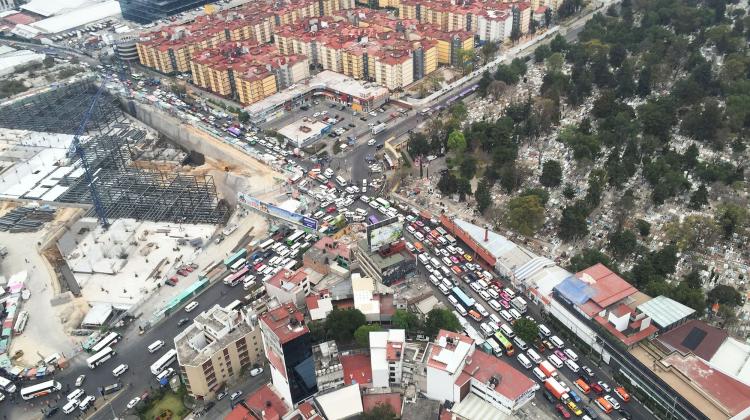Transit-Oriented Development in a Mega City

This practicum, taught in a workshop format, focuses on the development and implementation of Transit-Oriented Development (TOD) in a Latin American Mega City. Specifically, the practicum will explore the relationship between the mass transit infrastructure and services and the planning and design of their specific urban environments in Mexico City. The Practicum builds upon the basic hypothesis that Mexico City can develop TOD projects that meet private profit motives, public transportation objectives (e.g., ridership and revenues), and urban development goals (such as affordable housing and growth management), but that doing so requires the integrated design of physical, financial, and policy measures involving a range of stakeholders. Testing this hypothesis requires a combination of disciplines and contexts; the Practicum is designed towards these ends.
The semester-long workshop (+ 1 week over IAP), is structured in four basic parts: knowledge of the context (field study); global knowledge of TOD (in-depth case studies); application of the global knowledge to a specific Mexico City site; generalization of the application to TOD potential sites across the metropolitan area. Over the course the semester, the students will have the opportunity to deeply learn about the local context; develop an understanding of how TOD can be made viable, generally; develop the business and social and development case for a particular site, the rail yard surrounding El Rosario Station; craft a plan to jumpstart a broader TOD movement, involving local authorities, private investors, and citizens; and actively reflect on the experience in order to learn from it for future practice.


